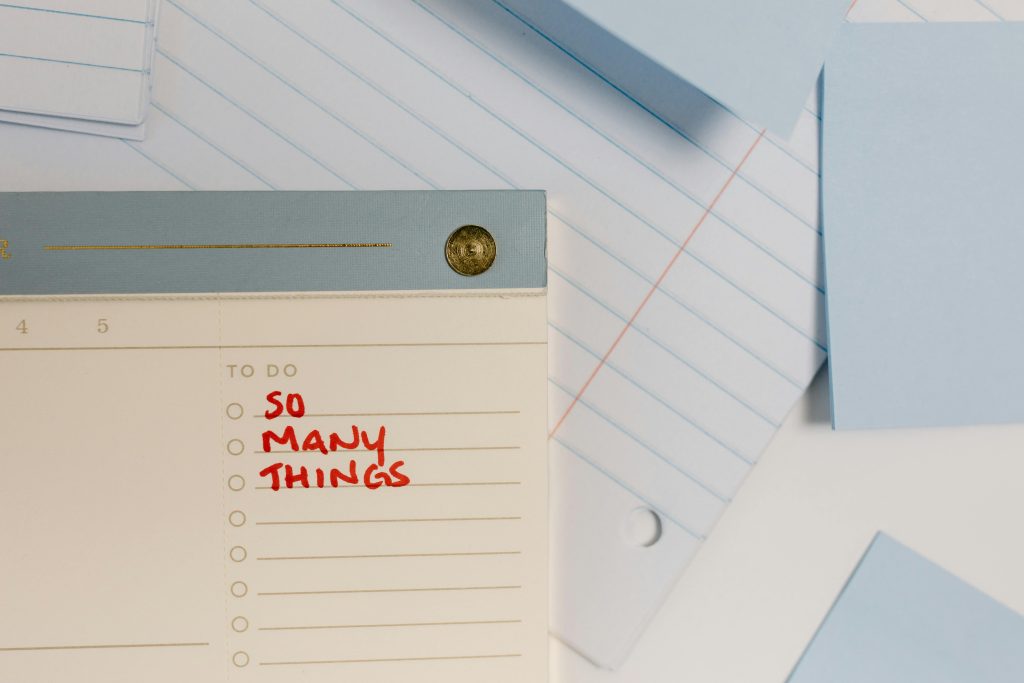16 Beginning at the End by Cole Clucas
When thinking about forgiveness of myself and seeking forgiveness of others, I have had a difficult time thinking about whether my own forgiveness matters.
You see, forgiveness is a perplexing thing when faced with taking a life. I was involved in a car accident where a woman was killed, and I had alcohol still in my system.
I have looked into the faces of the family of Mrs. Baker and apologized to them, and I have also told them that I understand that my apology means nothing and probably never will. I have taken the one true thing that I cannot give back to this family, and it has been a thought that lives in my mind that I have had to live with and understand.
So, as far as forgiveness goes, I have made the choice to live the rest of my life with integrity and sobriety hand in hand. If I do not forgive myself or I am dishonest with myself about my sobriety and doing the right thing, even when nobody is looking, then my forgiveness is all in vain.
I read a book recently by Chris Whittaker called We Begin at the End, and that is exactly the phrase I use now. Forgiveness, for me, looks like a full schedule of activities to accomplish life goals, reading books to help fill my head with more information, or helping out someone who is struggling in the same ways I have for years.

Just because the end destination seems to look like incarceration doesn’t mean it is. We begin at the end because the road only stops when we give up, and as long as you keep going, you can always start a new chapter.
If I were to give any guidance for someone who is struggling, it would be to take it slowly but start with being honest with yourself. Do not seek out other people’s approval of you, and be authentic with how you are feeling with yourself. If you do need help, find the right people who can help: AA sponsors, church members, counselors and volunteers at non-profit organizations, or the people around you who you know will hold you to a higher standard.
I have quite a few people around me with whom I can share things, and I credit this to being candid about the circumstances surrounding the accident. I was and still am honest about what happened, and the people close to me understand how horrible I feel. I know that they also see how much work I am putting into making my prison sentence beneficial to me in three years when I am released.
I am currently working at a car wash in Lewiston and have been there for one year. I am taking twelve credits in school, and I was just accepted into the dog training program the prison offers here called PAWS-Orofino. I am also starting a mentor/peer training class next month in order to help people who are struggling and to lead by example.
Prison doesn’t define me; rather, my time spent in prison defines me. I have been putting a lot on my plate ever since these extra programs have been offered. The people still in my life know I take advantage of opportunities so I can provide for my family when I’m out and so my son won’t have any excuses for bad grades or late homework. As a student myself, I’m serving as a role model to him to take his education seriously.
While I have forgiven myself and have taken responsibility for what I have done, forgiveness is a process for the incarcerated. It’s a step we will all have to face in order to move forward. The real test is what we decide to do with our forgiveness.
Media Attributions
- pexels-tara-winstead-8386688 is licensed under a Public Domain license
